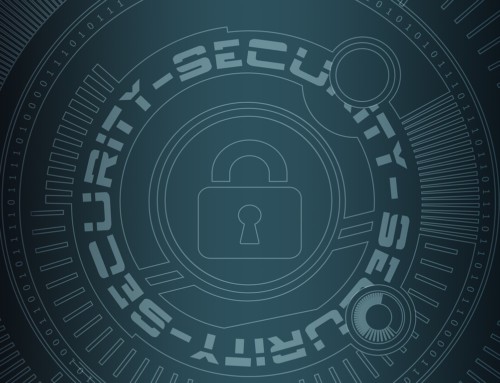Oversharing on the internet is mainstream, but it certainly comes with its consequences. In addition
- Using public WiFi,
- Linking apps or sites to your social media,
- Providing customer service specialists with information over email or apps,
can leave your identity for anyone to take. With all these imprints of your identity on the web, how can you keep it protected?
Use a VPN
What is a VPN and how can it help you stay secure online? VPN stands for Virtual Private Network. There are several types of VPNs, like Hotspot Shield, which take your outgoing data and channel it through an encrypted tunnel or a set of proxy servers making it appear as though the VPN is initiating the exchange rather than you.
Encrypted data coming from the VPN can’t be read by third parties trying to steal your information, which gives your connection more security than should you proceed without using a VPN. As an added bonus, many VPN providers also include anti-malware or anti-spyware in their software for extra protection.
Use sites with HTTPS or SSL connections
Using sites that communicate encrypted with your browser over HTTPS (Hypertext Transfer Protocol Secure), which support an SSL (Secure Sockets Layer) connection, can provide extra security while you browse them. You will notice a green lock icon appear in the URL bar of the browser you are using, which indicates that the interactions between the site and your browser are encrypted and secured. This extra layer of protection is one more step you can take to ensure that your online information is being kept secure while you browse the internet.
Use an encrypted email service
If you use your email address to send personal, financial information or business contracts, to clients or colleagues, there is no better protection than using an encrypted service for emailing along with the planned secure features: calendar and agenda building, notes and file sharing.
Companies like Secure Swiss Data provide their users with top encryption and data safeguarding techniques that fall under the notoriously strict Swiss Federal Data Protection Act. While using a regular web-based email address can be secure under the right circumstances, choosing to protect your mobile or online communications with an encrypted server is the safest option by far.
This is a guest article.The opinions expressed in this guest article are solely those of the contributor, and do not necessarily reflect those of Secure Swiss Data.





Wonderful post! We will be linking to this particularly great
post on our site. Keep up the great writing.